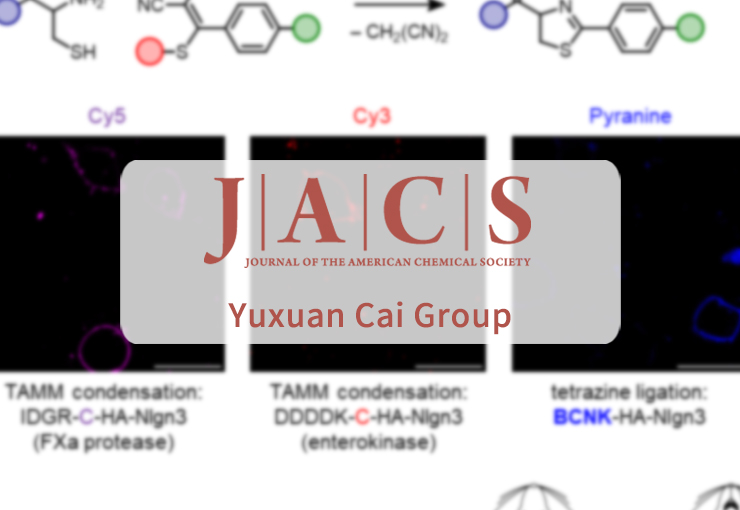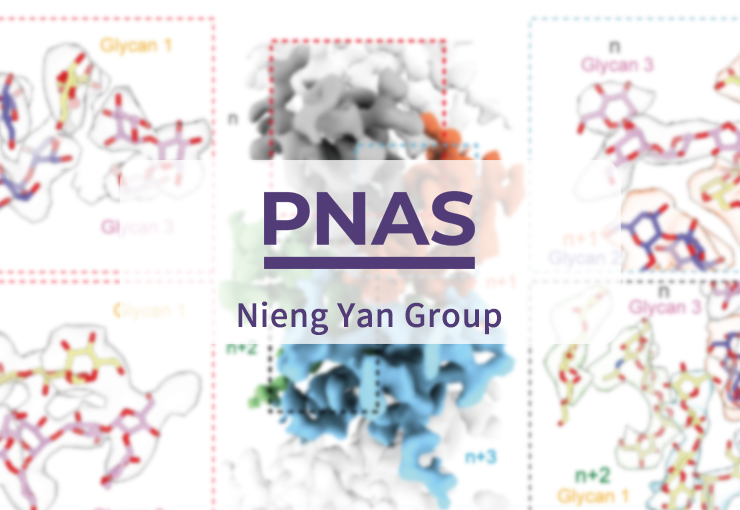Abstract
The recent advancements on membrane protein degraders (MPDs) have broadened the applicability of proteolysis-targeting chimeras (PROTACs) beyond intracellular proteins to include the previously “undruggable” cell-surface targets. However, the potential toxicity of MPDs caused by undesired off-target degradation poses a significant challenge to clinical deployment, mirroring concerns associated with PROTACs. Here, we introduce a conditionally activatable membrane protein degrader (Pro-MPD), which leverages the specificity and high affinity of biparatopic nanobodies combined with a tumor microenvironment-activated cell-penetrating peptide (Pro-CPP) to achieve on-target activated internalization and degradation of PD-L1 within tumor sites. This modularly designed Pro-MPD demonstrated a high target degradation efficiency and T cell reactivation, as well as sustained inhibition of tumor growth in xenograft models, highlighting its potential as a safer and highly efficient MPD for in vivo applications. Our work provides a general strategy for the development of conditionally activatable MPDs, which offers a new avenue for reducing the undesired systemic toxicity of MPDs due to the off-tumor degradation.
Title
Conditionally Activatable Chimeras for Tumor-Specific Membrane Protein Degradation
Authors
Hongxiang LiuZhijiang FuYu HanYike FangWeijun ShenZhicheng ChenRongfeng ZhuHeng Zhang*Peng R. Chen*
Journal Information
Journal of the American Chemical Society (2024)
DOI
https://pubs.acs.org/doi/10.1021/jacs.4c06160.












